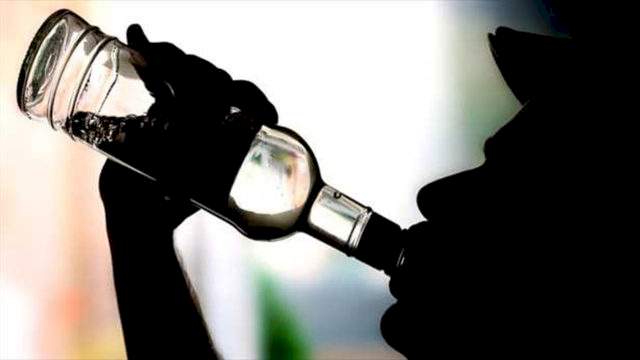
Are you thinking of giving up drinking and it seems like rocket science? As you question your relationship with alcohol, here are ways to go about it.
What Are your reasons?
Knowing the goal behind your objective will be fitting to set the right tone. Being precise and clear will stimulate it into a habit. Activities like new sleep behaviours or exercising more often will make giving up drinking easier according to experts. When health gains of killing the habit of drinking are further projected, they become an extra motivation to embark on your journey. According to a neuropsychologist, Dr Sanam Hafeez, "For some people saying I'm not going back to drink the entire month, it might be really hard, so trying to do so may show you how easy or difficult it is for you."
Share with Family and friends
This basically means informing some friends and family members of your plans. This, according to experts, is a way of getting yourself accountable to your intentions after your intentions have been declared to the public. While doing that you can also cajole others to join you in the journey.
Take note of your progress
Slow and steady wins the race. If you don't entirely cut the intake of alcohol, checking your emotions and urges to see what your triggers might be is a piece of helpful information. This way, you know what your kryptonite is or isn't.
In view of this, another expert Wakeman, an associate professor at Harvard Medical School, said:
"Even if someone's not yet ready to make changes, just keeping a diary of when you're drinking, what situations you're drinking more and how you're feeling at those times, can really help you identify sort of trigger situations where you may be more likely to drink."
Take note of symptoms
Another thing to consider in the process to make the journey worth the while is to consider if the negative symptoms you are experiencing are because of the withdrawal of alcohol. If so, it is indicative that professional assistance is needed. "The first thing to be mindful of is whether or not you actually have an alcohol use disorder," Wakeman said. "If someone's been drinking very heavily every single day and is at risk for withdrawal symptoms, then it can actually be dangerous to stop abruptly."
"That would be a real indication that you need to talk to a medical professional about getting medical treatment for withdrawal and not stopping on your own," Wakeman added.

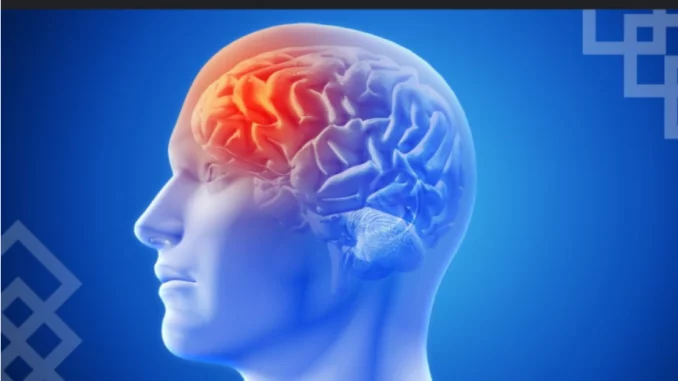
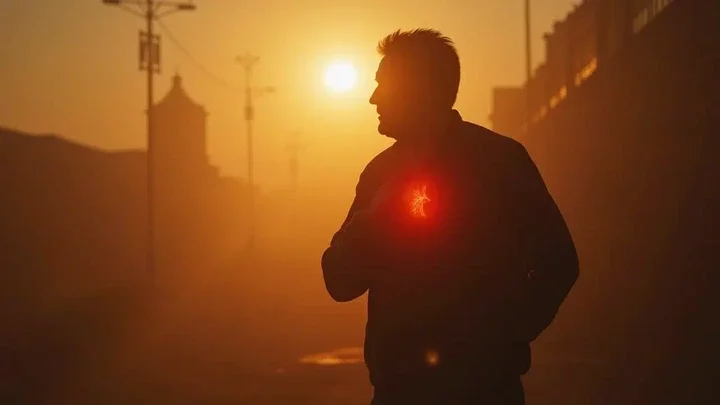
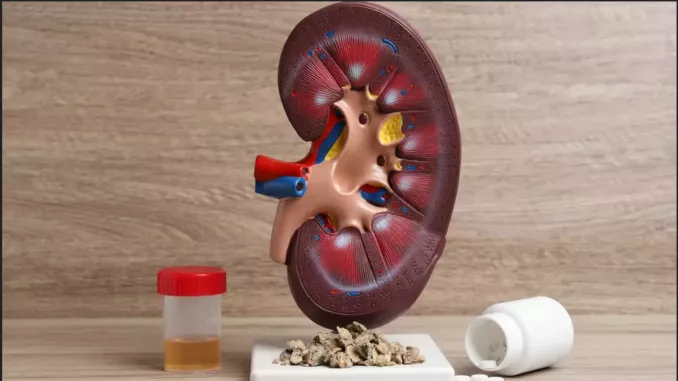





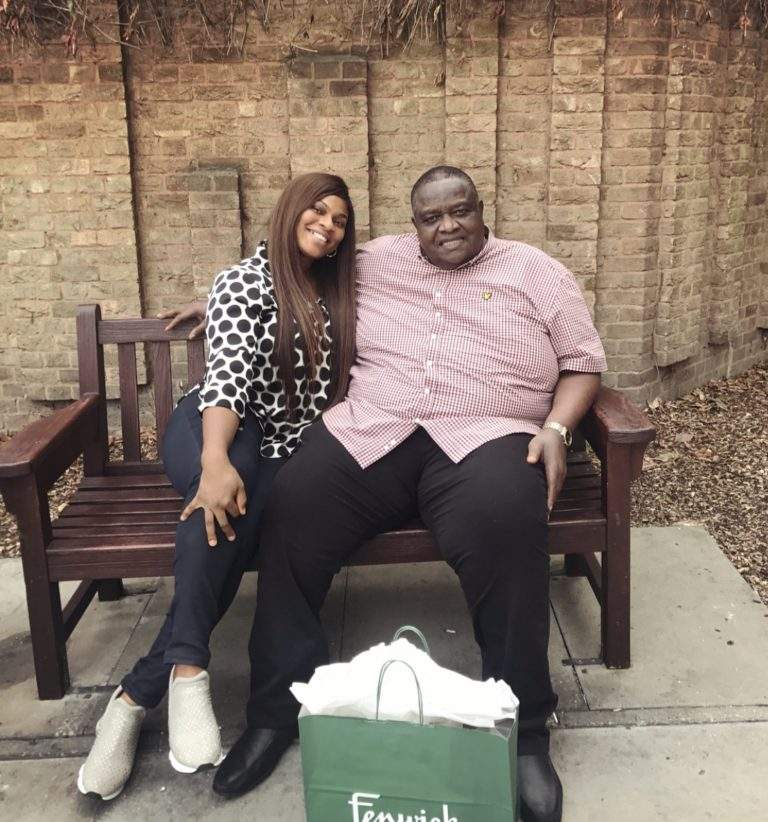







Comments